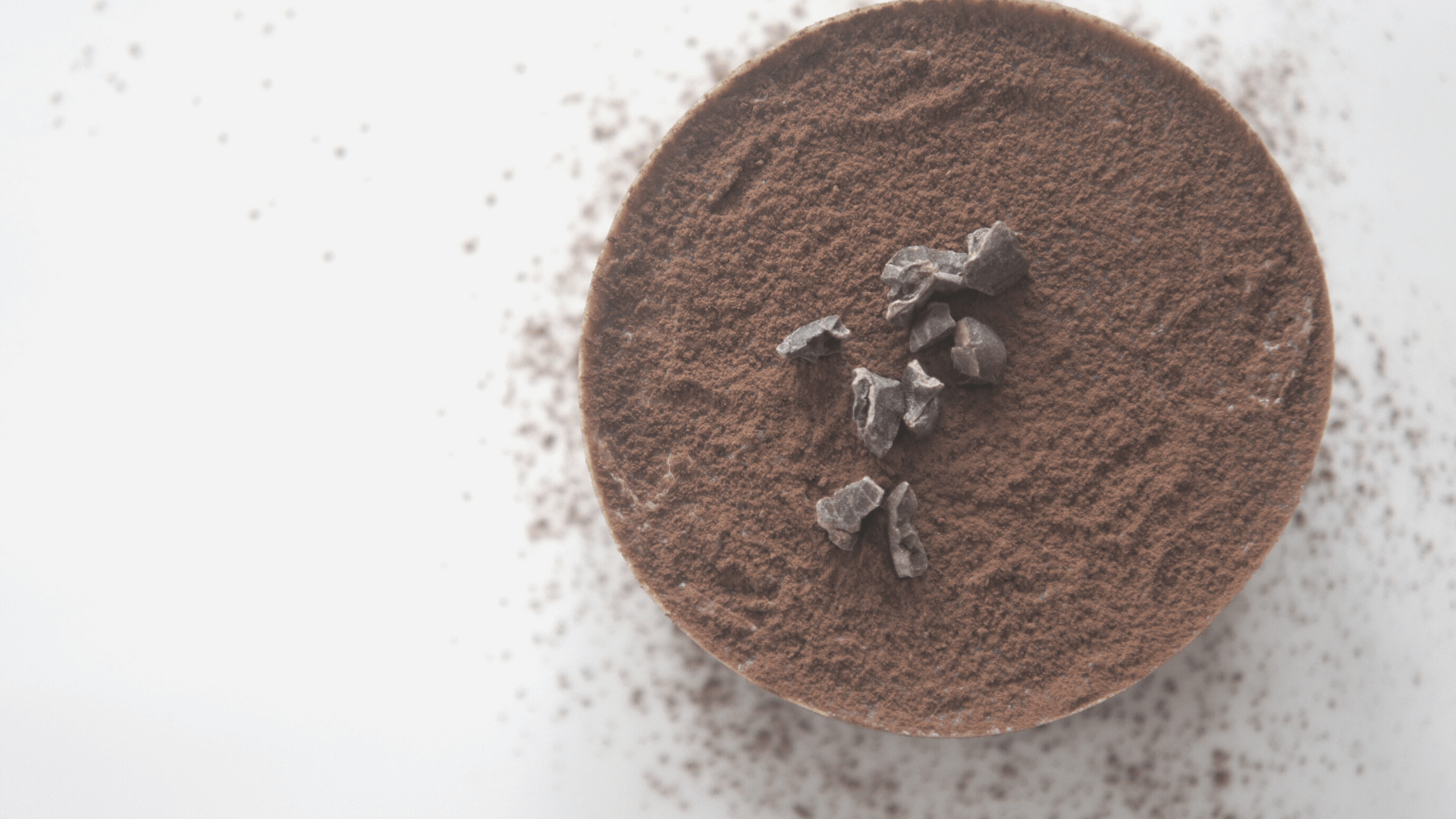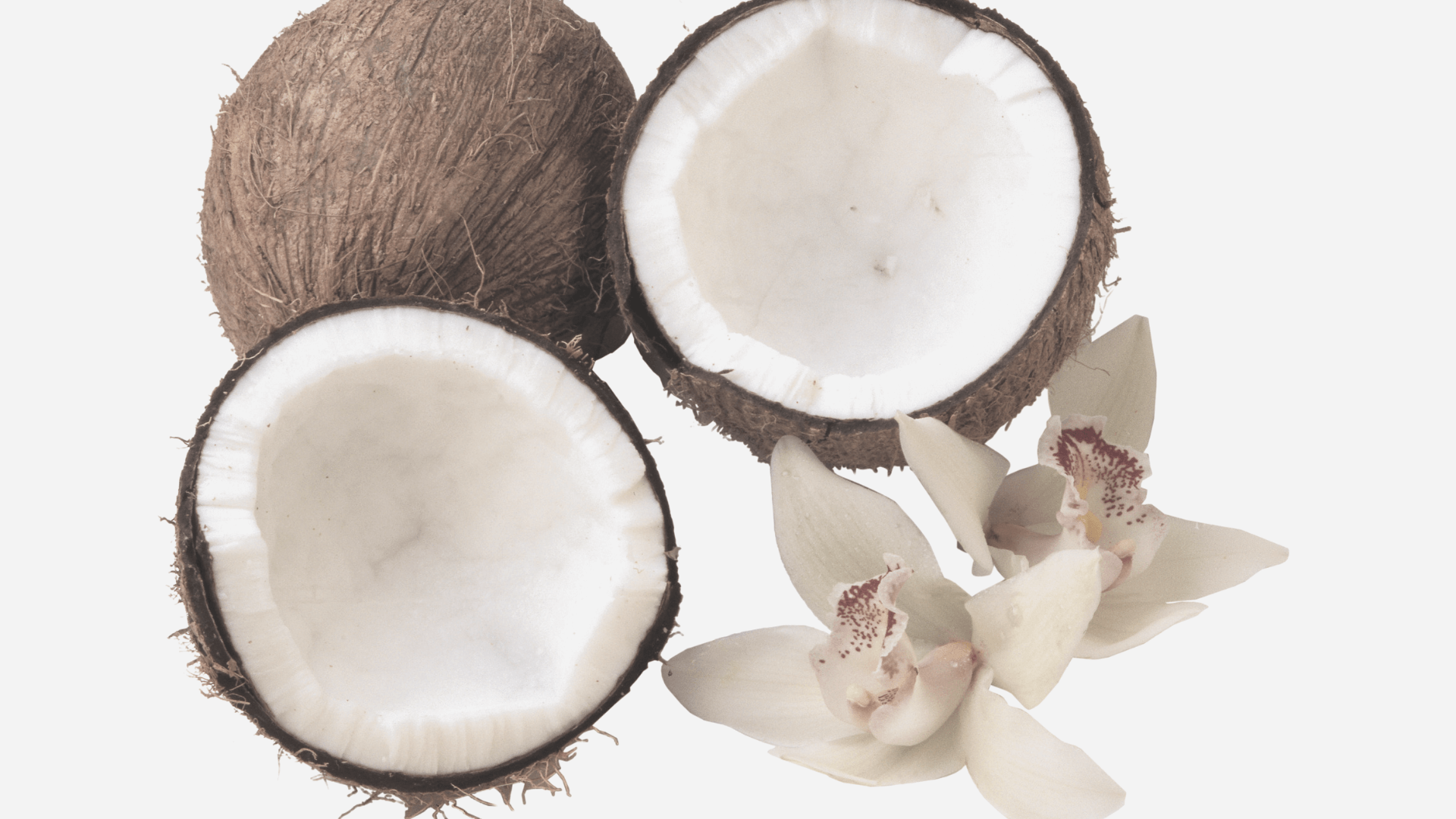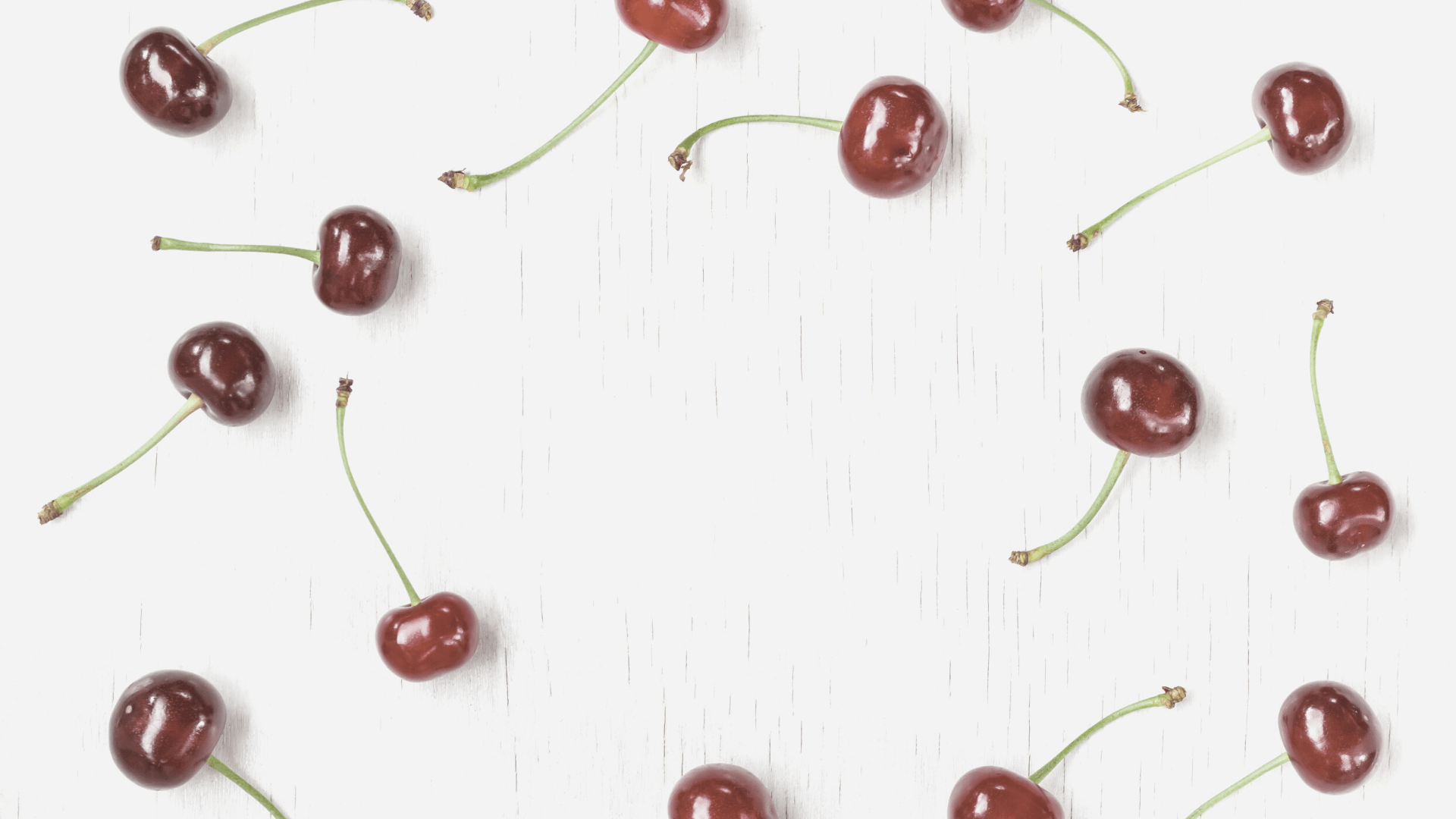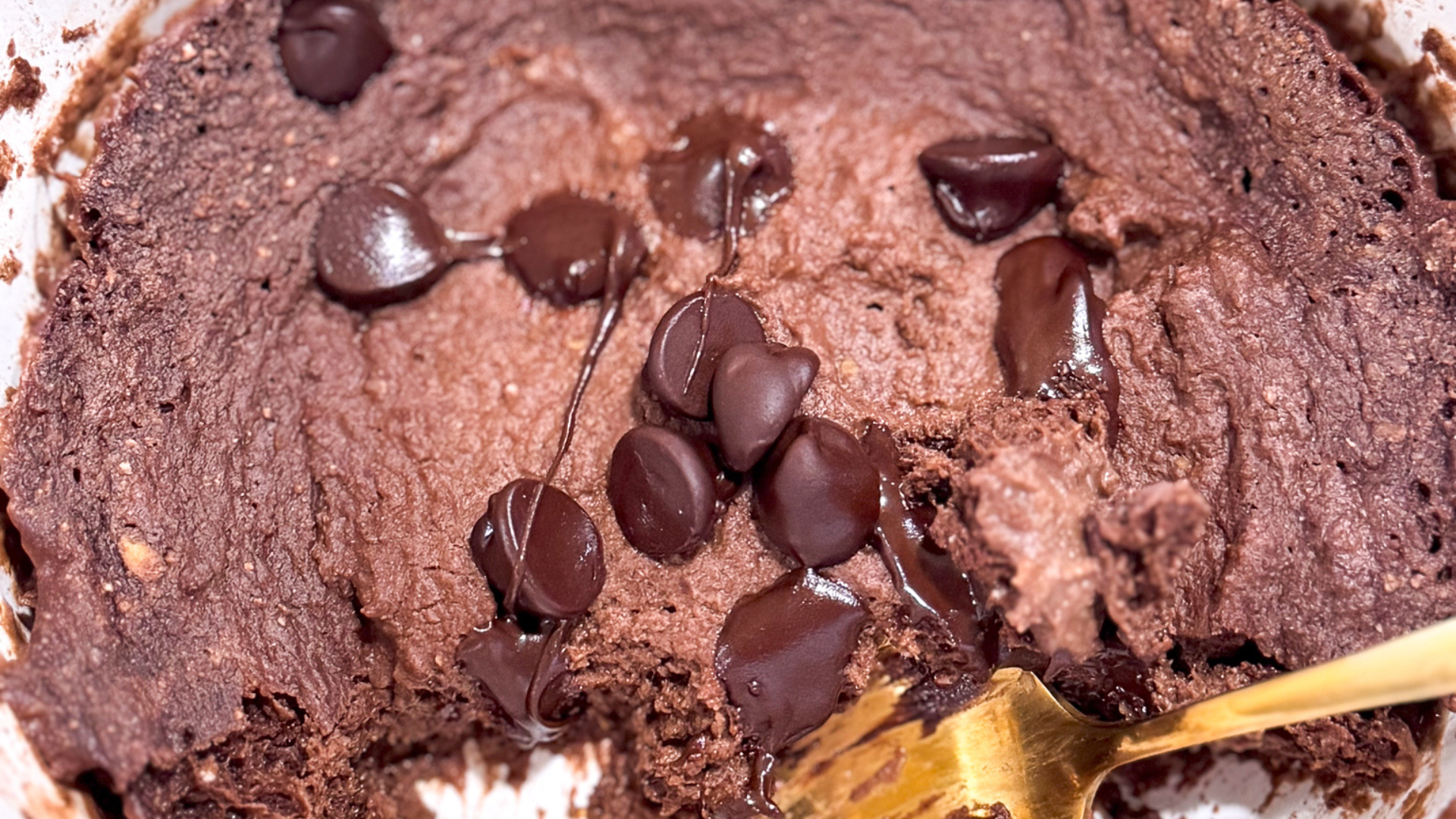We are ready to dive in with The Importance of Your Gut from Healthy Gut, Healthy You.
The book is broken down into five parts, so today we are discussing Part 1: The Importance of Your Gut. Part 1 contained 5 chapters.
I wasn’t sure how I wanted to construct the Virtual Book Club posts, but I think it makes most sense for this book to simply go through chapter-by-chapter (in each part) and highlight the things I highlighted.
With that, here we go…..
The Importance of Your Gut
Click HERE to save this post for later.
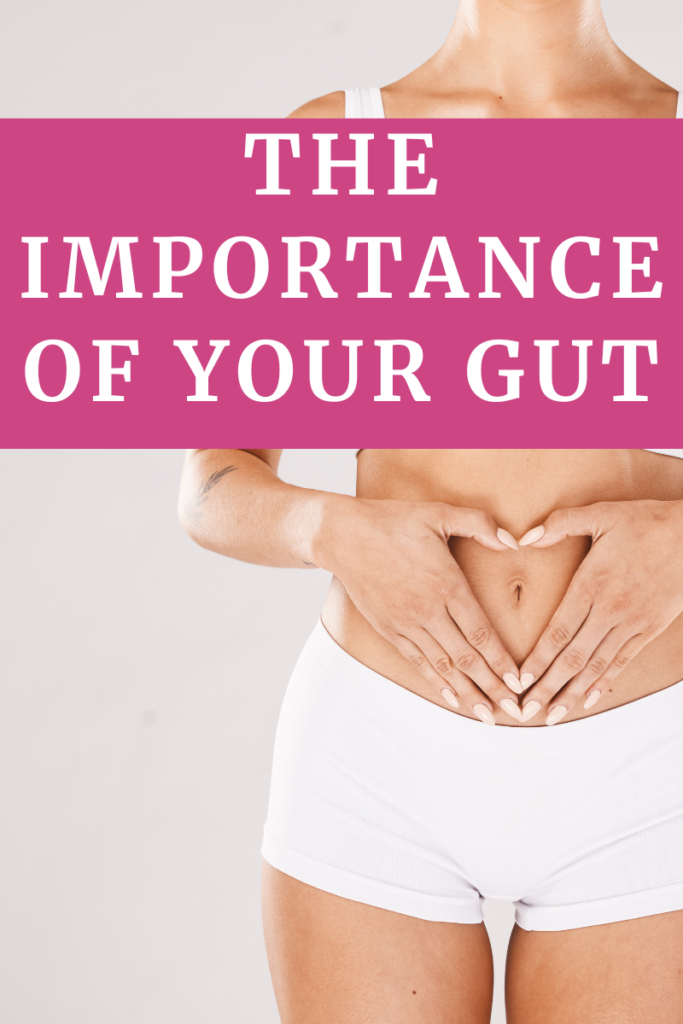
Remember, all information below – quoted from the book – is from the book Healthy Gut, Healthy You. Grab it! You will not regret it!
Healthy Gut, Healthy You Intro
Remember when we discussed the Microbiome?
To coincide with many things I said, Dr. Ruscio gives the following 14 things as consequences of the western “too clean” environment:
- Depression
- Fatigue
- Allergies
- Asthma
- Weight gain
- Skin conditions (psoriasis, eczema, atopic dermatitis)
- Celiac disease
- Food allergies
- Hypothyroidism
- Gas, bloating, constipation, diarrhea,
- IBS
- Multiple sclerosis
- Joint pain
- Rheumatoid arthritis
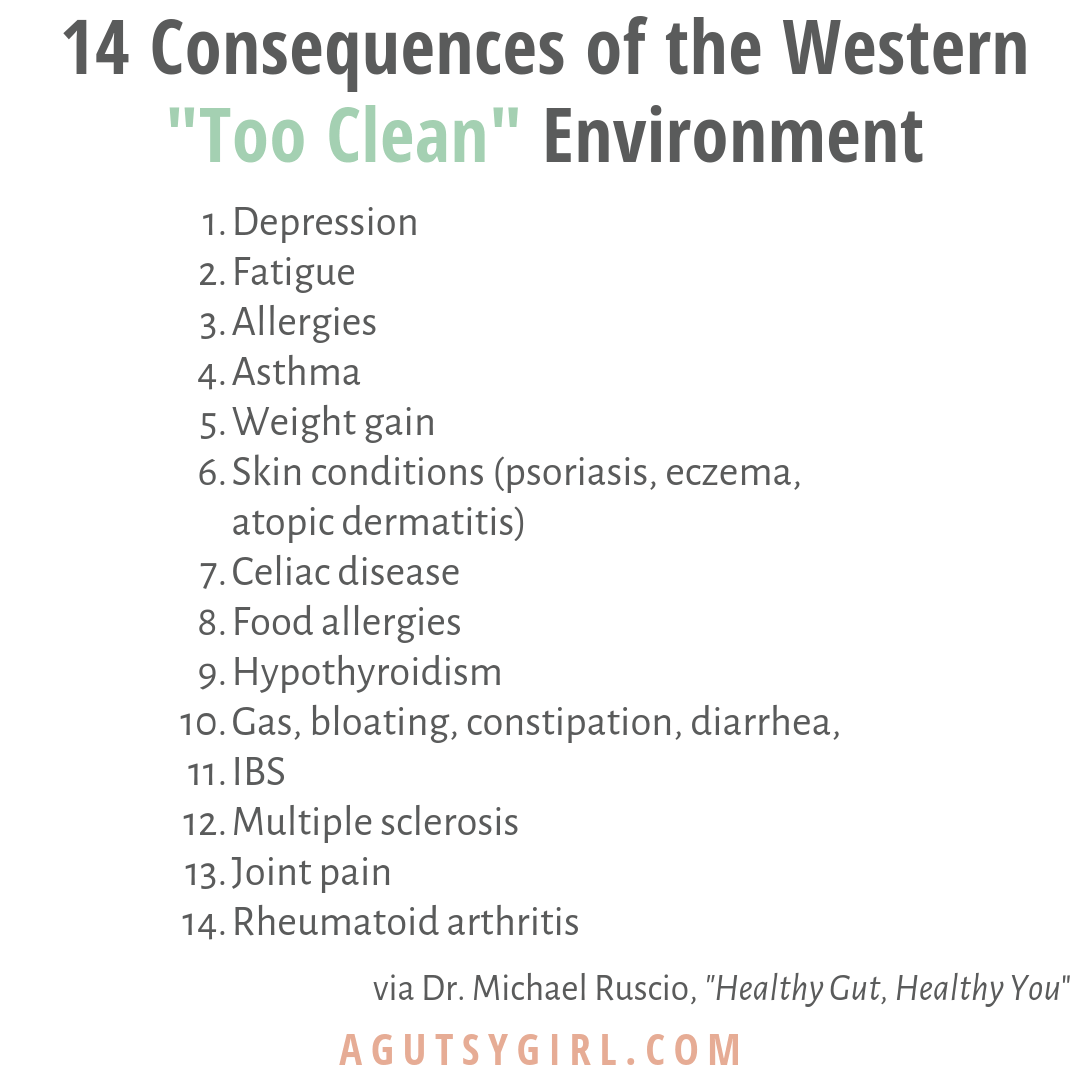
He states, “Did you know that the occurrence of many conditions associated with Western society is greatly decreased in people who grow up on animal farms?”
And in an intro conclusion, Dr. Ruscio makes note,
It’s not uncommon for someone to overlook a problem in the gut as the true cause of his or her health ailments because the symptoms resemble something else, such as hormone imbalance, toxicity, or adrenal fatigue.
To Think About:
- Do you carry antibacterial soap wherever you go? Are you using it 24/7?
- When I healed my gut, all those other things began to resolve as well: low-functioning thyroid, “adrenal fatigue,” skin issues, etc. This is why I continue to teach and preach….
Chapter 1: Understanding Your Gut
In this chapter, various different connections are made, written about, and supported:
- The Gut-Brain Connection
- The Gut-Metabolism Connection
- The Gut-Thyroid Connection
- The Gut-Sleep Connection
- The Gut-Hormone Connection
I have written about many of those as well, but I’m also living proof of their connection.
Other things from the chapter that I found interesting include:
- His take on fiber and prebiotics. “Many people have too much bacteria (bacterial overgrowth) and should not be feeding their gut bacteria and encouraging even more growth.” Most will try to recommend this “more is better” approach for all when it comes to fiber and prebiotics. That’s simply not the case. (Read more: Is Fiber Helping or Hurting Me)
- “If you have ever felt bloated or gassy, you might have been feeling the effects of too much bacteria in your small intestine. This is likely why diets that feed gut bacteria have been shown to be the least effective for weight loss – because many who are overweight already have too much bacteria to begin with.”” (I wondered, does this or can this, coincide at all with The SIBO Weight Gain Connection?)
To Think About:
- Did you have any thoughts and/or questions about the various gut connections?
Chapter 2: The Small Intestine
Those of you with SIBO (or suspect you may have it), will really enjoy this chapter!
He starts it off by stating, “Bacterial overgrowths in the small intestine may contribute to hypothyroidism, celiac disease, and IBS.”
Some points from the chapter that I highlighted include:
- “It’s also important to point out that celiac disease predominantly affects the small intestine, not the large.”
- “If people with celiac disease can have too much bacteria, as in SIBO, does this mean they should avoid probiotics? No, it does not. This is a common and understandable misconception. The logic is, why take a bacterial supplement (probiotic) if you already have too much bacteria? But probiotics can actually kill the unwanted bacteria of bacterial overgrowths and have been shown to be a viable treatment.”
- The small intestine is an often-overlooked but crucially important area of your digestive tract. It makes up the majority – 56% – of our intestinal tract, and it’s responsible for 90% of caloric absorption.
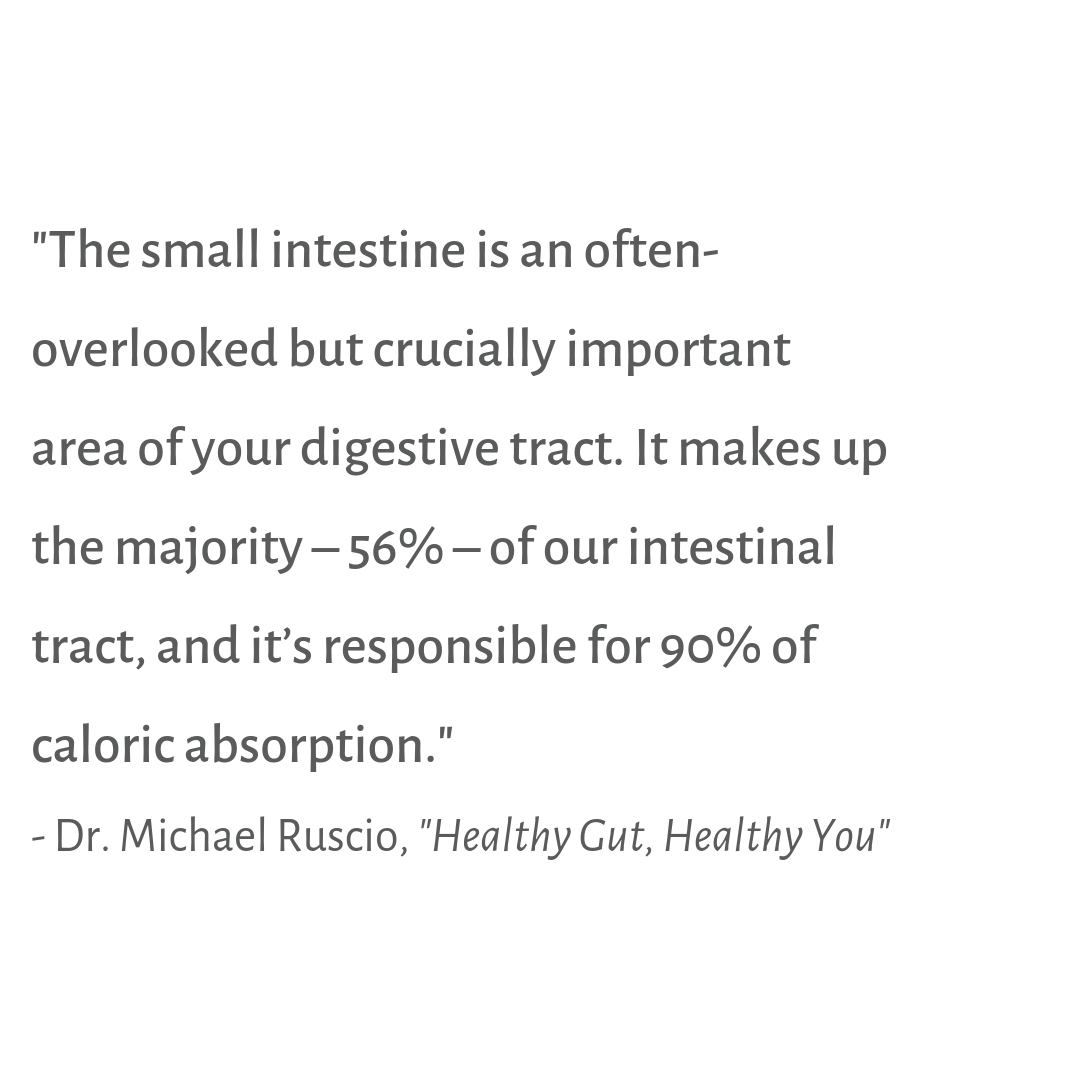
To Think About:
- How many of you have celiac and SIBO? Or you’ve been diagnosed with one, but suspect the other as well?
- My personal opinion is that he’s spot on about the probiotic. If you have the wrong strain and species for your particular circumstances, you’ll likely be miserable. The right probiotic strain and species can make all the difference. It did for me!
Chapter 3: All Guts Are Not the Same
I loved this chapter so much because the main idea was that we cannot try to replicate another culture’s or population’s diet or microbiota if we are not in that culture or population.
There is this idea out there that if we “eat like the French,” we’ll stay thin like the French.
Or if we live off meat and fat we, too, can thrive as the Eskimos thrive.
And then of course there is the Caveman approach – hunter-gatherer – it’s what our ancestors did, so it must be optimal for us all, right?
All of the above is wrong, but could be right, depending on your current circumstances (but let’s be honest, 98% of us do not fall into any of those scenarios above).
More points from the chapter that I highlighted:
- “A population’s diet is often accompanied by unique changes in their microbiota, changes that allow them to thrive on that diet.”
- There was a great section about Methanobrevibacter smithii (M. smithii) in which Dr. Ruscio discusses it’s overgrowth in Westerners is negative; African’s it’s positive.
- “As the human gastrointestinal tract evolved, the large intestine became shorter and we became less dependent upon it.”
- “Generally speaking, carbs feed fungus similarly to how they feed bacteria.”
- Similar to how the inability of the immune system to regulate fungus may lead to fungal overgrowth, “increased bacterial diversity has been observed in diverticulits, an inflammatory condition of the intestines.”
To Think About:
- How often do you try to make a specific diet work for you, but it fails to do so? Are you willing to make exceptions to every “plan” in order to heal?
- Do you know the right amount of macros for your body? What feels right?
Chapter 4: How to Evaluate Health Recommendations
Dr. Ruscio states that there are three ways to avoid confusion in the dietary-health controversy:
- Don’t think small. This is the “magic pill” idea.
- Demand human-outcome studies (clinical trials). Don’t get swept up in animal-model studies, cell studies, or observational studies.
- Avoid making decisions based upon one study.
One other interesting things from the chapter included:
- “This is also why the small intestine has been overlooked by many of the gut gurus; everyone is looking at gut health through the narrow lens of the large intestine.”
Chapter 5: How Early Life and Environment Impact Your Gut and Immune System
“This is because the world of bacteria that will be with you the rest of your life (your gut microbiota) develops to a large extent by the second to third year of life.”
Love this, but maybe it’s because I’ve been researching (+ have my own) Gutsy Children for quite some time now.
Here were some of the things I highlighted in this chapter:
- He has a box of some common autoimmune diseases and their targets. For example: inflammatory bowel disease – intestinal tissue, depression – brain tissue, MS – nervous system cells.
- “Antibiotics should be used on babies and young children only when absolutely necessary.”
- “Some researchers now think that the stress of labor causes temporary leaky gut in the mother, which then allows the mom’s gut bacteria to colonize the child.”
- “If you can hand wash your dishes, buy from a farm or maybe a farmers’ market, and serve fermented foods, you may feed your microbiota and see some nice immune system benefits.”
- “As a quick refresher, probiotics are healthy bacteria an prebiotics are foods that feed these bacteria.” (Learn more: Prebiotics vs. Probiotics.)
- “This study found that a mixture of traditional lactobacillus- and bifidobacterium-type probiotics reduced the incidence of eczema when given to children under two.”
- “Intestinal inflammation at two months of age predicted skin allergy and asthma at six years of age.”
To Think About:
- Thoughts on all the children’s gut stuff in general?
- Remember, do not feel guilty if you didn’t do the things he discusses. We always do the best with what we have. All 3 of my children were adopted, and if you listened to my podcast interview with Wellness Mama, you’ll hear me talk about simply moving forward and trying to do everything I can now.
Next Virtual Book Club Meeting
Alright, let’s move on to Part 2: Diet for Optimum Gut Health.
I’ll see you back here for that part on Thursday, August 1.
Summer is a busy time for everyone, and I want to make sure you have the time to get through those chapters.
Let’s chat below via the comments.
If you’re ready to join us, grab Healthy Gut, Healthy You, and dive in.
If you liked this post, you might also enjoy:
Xox,
SKH
🤰 bloating be gone! weight loss through optimal gut health for women
💃ʜᴇᴀʟ ʏᴏᴜʀ ɢᴜᴛ. ʜᴇᴀʟ ʏᴏᴜʀ ʟɪfe.
🫶🏻 founder gutbyome.com



